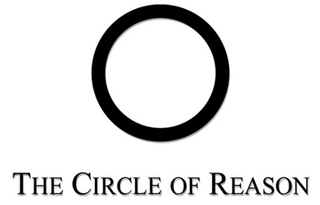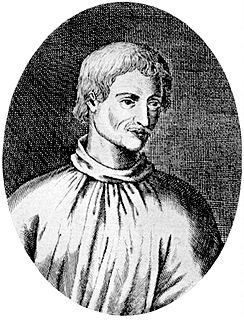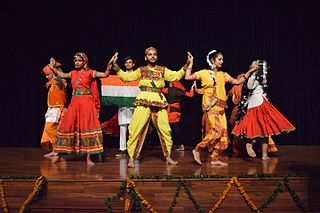 W
WThe Circle of Reason (TCOR) is a Twin Cities, Minnesota-based international society of theists, atheists, conservatives, and liberals who espouse the social philosophy of pluralistic rationalism.
 W
WCosmic pluralism, the plurality of worlds, or simply pluralism, describes the belief in numerous "worlds" in addition to Earth, which may harbour extraterrestrial life.
 W
WReverend Thomas Dick, was a British church minister, science teacher and writer, known for his works on astronomy and practical philosophy, combining science and Christianity, and arguing for a harmony between the two.
 W
WThe Global Centre for Pluralism is an international centre for research, education and exchange about the values, practices and policies that underpin pluralist societies. Based in Ottawa, Ontario, Canada, the Centre seeks to assist the creation of successful societies.
 W
WThe term multiculturalism has a range of meanings within the contexts of sociology, of political philosophy, and of colloquial use. In sociology and in everyday usage, it is a synonym for "ethnic pluralism", with the two terms often used interchangeably, for example, a cultural pluralism in which various ethnic groups collaborate and enter into a dialogue with one another without having to sacrifice their particular identities. It can describe a mixed ethnic community area where multiple cultural traditions exist or a single country within which they do. Groups associated with an indigenous, aboriginal or autochthonous ethnic group and settler-descended ethnic groups are often the focus.
 W
WMultimethodology or multimethod research includes the use of more than one method of data collection or research in a research study or set of related studies. Mixed methods research is more specific in that it includes the mixing of qualitative and quantitative data, methods, methodologies, and/or paradigms in a research study or set of related studies. One could argue that mixed methods research is a special case of multimethod research. Another applicable, but less often used label, for multi or mixed research is methodological pluralism. All of these approaches to professional and academic research emphasize that monomethod research can be improved through the use of multiple data sources, methods, research methodologies, perspectives, standpoints, and paradigms.
 W
WIn spirituality, nondualism, also called non-duality, means "not two" or "one undivided without a second". Nondualism primarily refers to a mature state of consciousness, in which the dichotomy of I-other is "transcended", and awareness is described as "centerless" and "without dichotomies". Although this state of consciousness may seem to appear spontaneous, it usually follows prolonged preparation through ascetic or meditative/contemplative practice, which may include ethical injunctions.
 W
WUnitarian Universalism (UU) is a liberal religion characterized by a "free and responsible search for truth and meaning". Unitarian Universalists assert no creed, but instead are unified by their shared search for spiritual growth, guided by a dynamic, "living tradition". Currently, these traditions are summarized by the Six Sources and Seven Principles of Unitarian Universalism, documents recognized by all congregations who choose to be a part of the Unitarian Universalist Association. These documents are 'living', meaning always open for revisiting and reworking. Unitarian Universalist (U.U.) congregations include many atheists, agnostics, and theists within their membership—and there are U.U. churches, fellowships, congregations, and societies around the world. The roots of Unitarian Universalism lie in liberal Christianity, specifically unitarianism and universalism. Unitarian Universalists state that from these traditions comes a deep regard for intellectual freedom and inclusive love. Congregations and members seek inspiration and derive insight from all major world religions.
 W
WUnity in diversity is used as an expression of harmony and unity between dissimilar individuals or groups. It is a concept of "unity without uniformity and diversity without fragmentation" that shifts focus from unity based on a mere tolerance of physical, cultural, linguistic, social, religious, political, ideological and/or psychological differences towards a more complex unity based on an understanding that difference enriches human interactions. The idea and related phrase is very old and dates back to ancient times in both Western and Eastern Old World cultures. It has applications in many fields, including ecology, cosmology, philosophy, religion and politics.